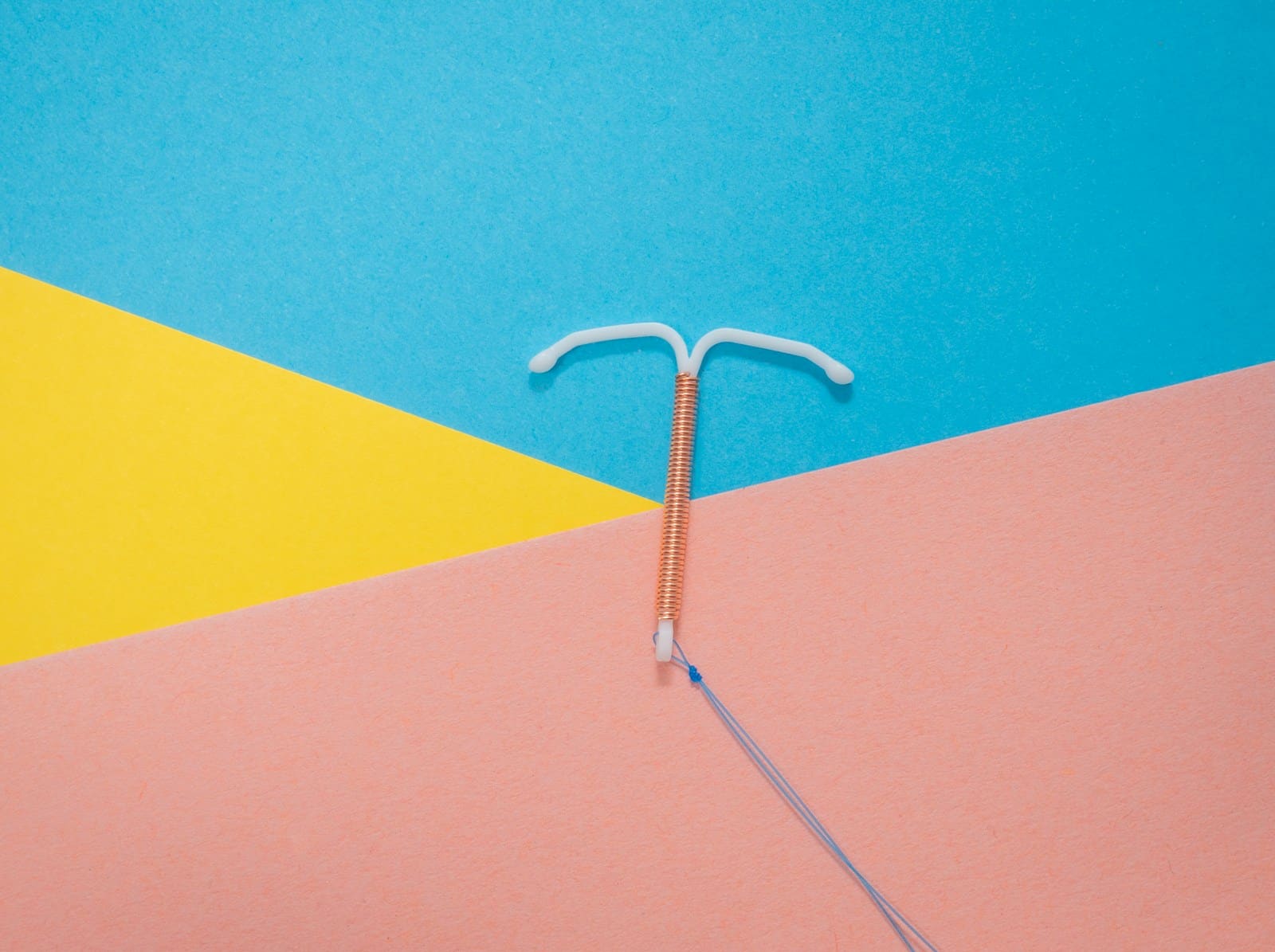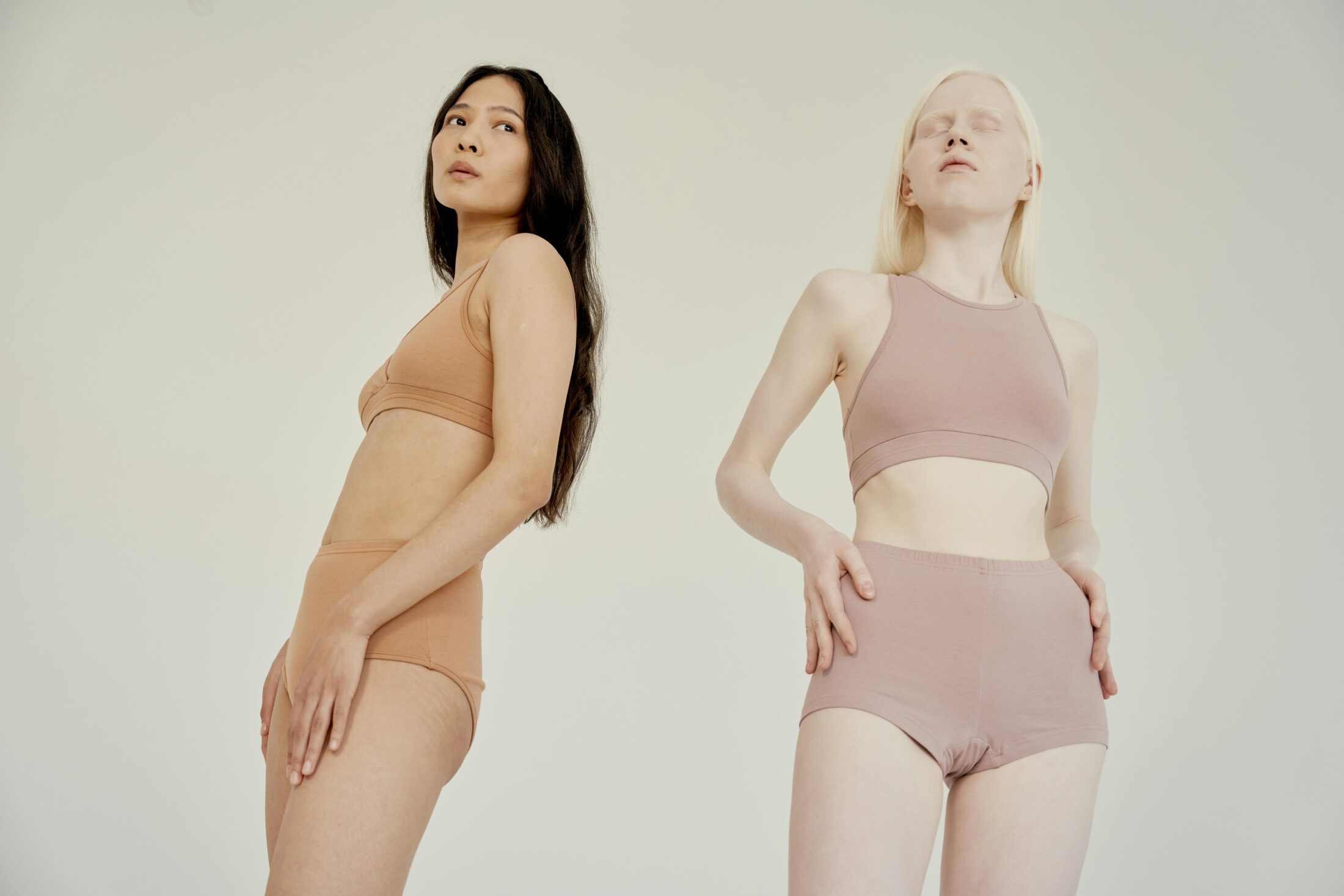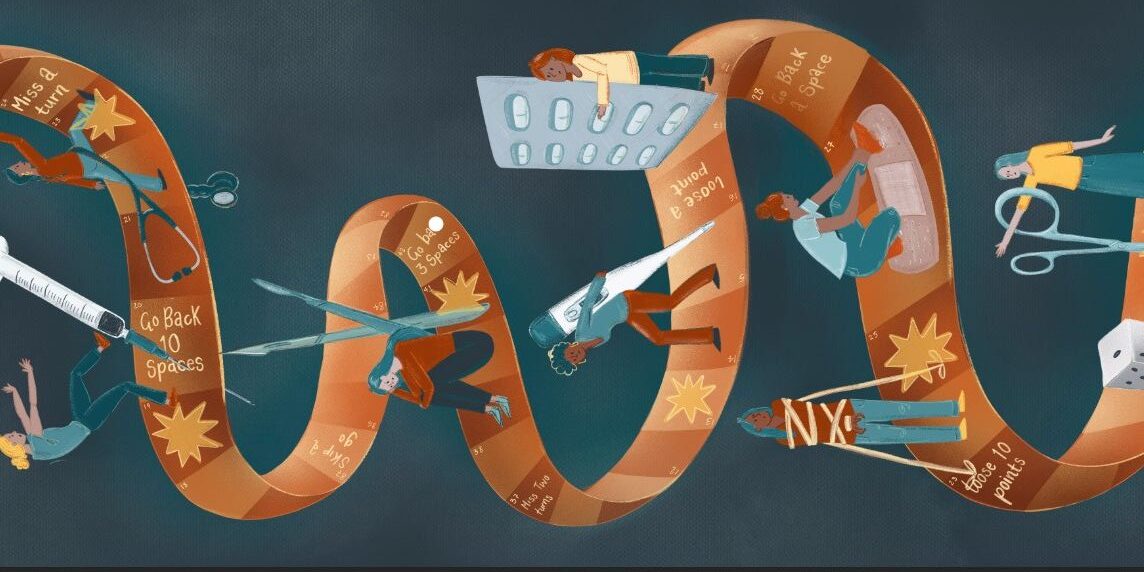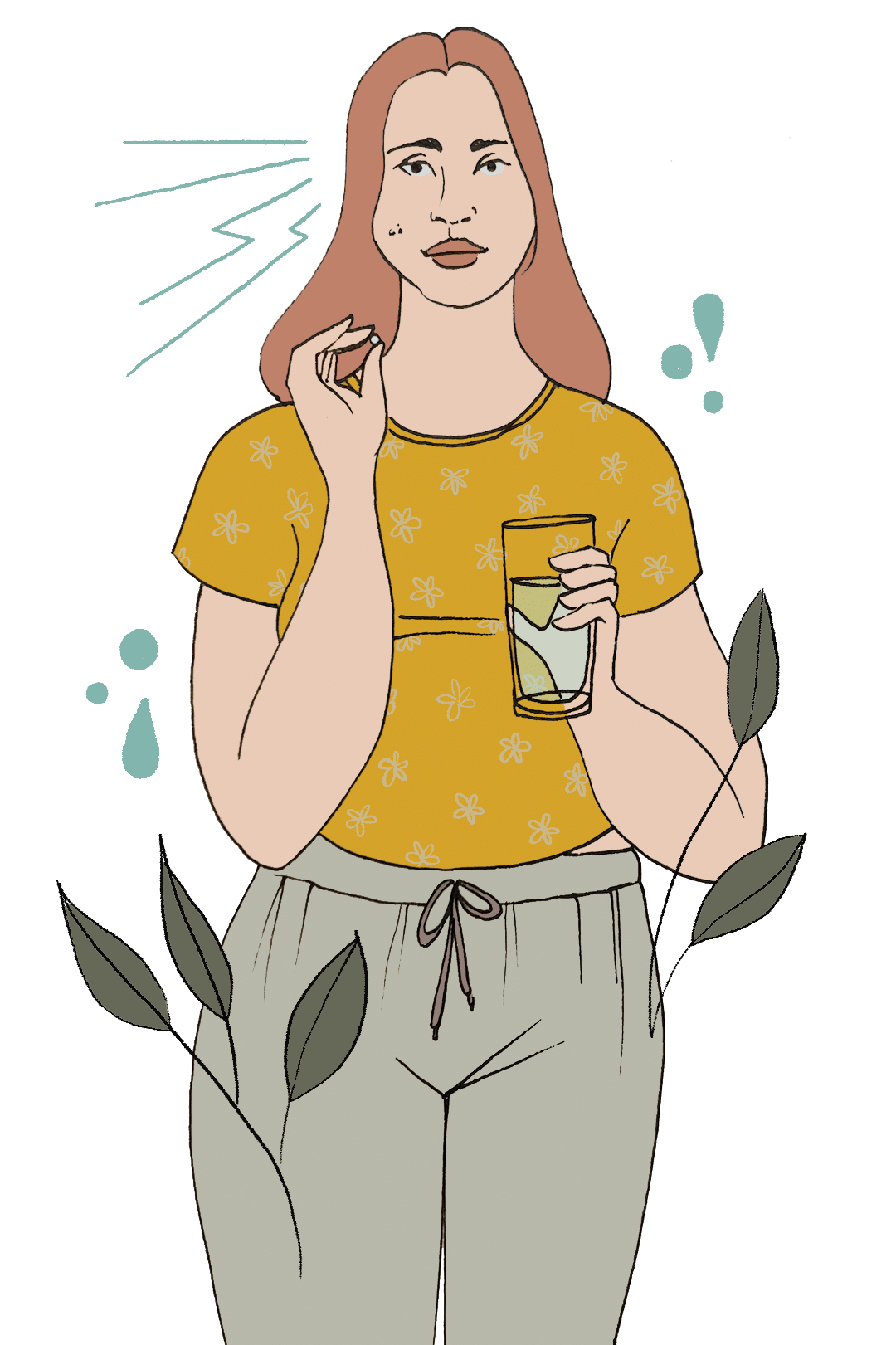While periods can be a pain (quite literally), they can also tell us more than we may realize about our overall health and wellbeing. Learning about your cycle can be a great way to get to know your body. It may also give you the permission you need to give yourself a break during your time of the month. There’s a lot happening hormonally and we’re here to break that down.
Periods normally start at around the age of 12 after other physical bodily changes have happened (like developing breasts). A regular period happens every month or most commonly, every 28 days. Anywhere between 24-38 days is considered a normal cycle though. Bleeding normally lasts for 4-8 days.
Different things can affect how regularly you have a period and how heavily you bleed. If you’re a lower-than-average weight or exercise a lot, this can make your periods lighter, more irregular or they might disappear altogether. This is called amenorrhea.
There are also lots of health conditions that can affect your periods and if you take hormonal contraception (birth control), this usually changes your periods too. You can read more about this here.
Many of you will have had period cramps and/or heavy periods and there’s lots you can do to make them more comfortable and less inconvenient. With today’s range of period products, there’s loads of options to try, so you can find the one that suits you best. Always see your healthcare provider if periods are affecting the way you live your life, as they should be manageable and there are several treatment options for painful, heavy periods.





